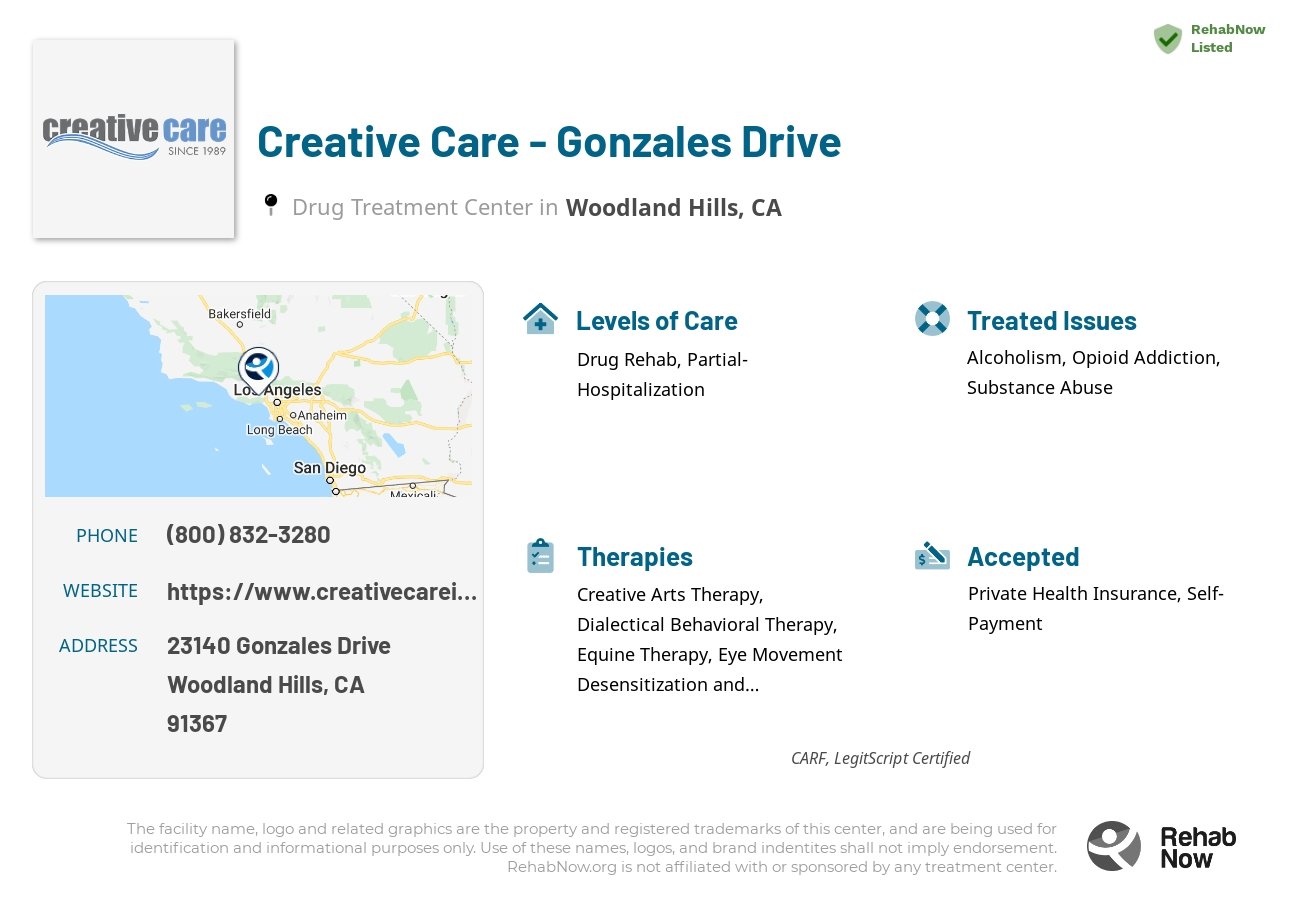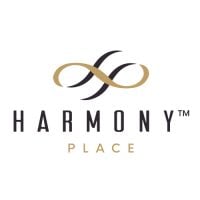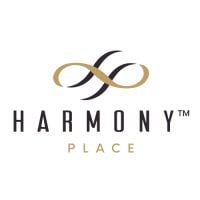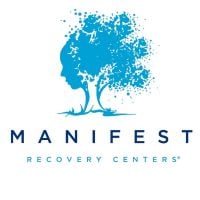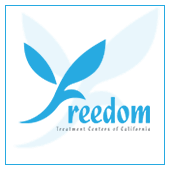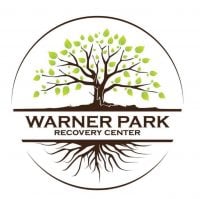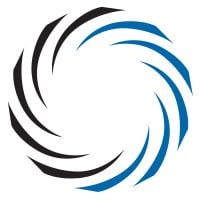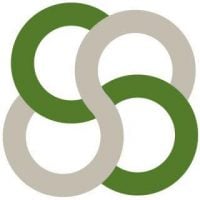Creative Care - Gonzales Drive
Drug Rehab Center in Woodland Hills, California
Gonzales Drive is a highly-accredited addiction treatment center in California with a team of knowledgeable and experienced professionals dedicated to helping individuals achieve lasting sobriety through tailored care plans.
About Creative Care - Gonzales Drive in California
Creative Care - Gonzales Drive in Woodland Hills, CA, is distinguished by its unique approach to treating adults aged 18 and older struggling with drug and alcohol dependencies, as well as those facing dual diagnosis challenges. Located in a supportive environment, this facility is dedicated to providing individualized care through residential and partial hospitalization programs, focusing on the integration of mind and body for a holistic recovery journey.
- Personalized Treatment Programs: Tailored to meet each individual’s specific needs, challenges, and recovery goals, ensuring a more effective recovery process.
- Dual Diagnosis Treatment: Specialized programs address not only addiction but also underlying mental health issues, promoting long-lasting sobriety.
- Flexible Levels of Care: Offering both residential and partial hospitalization programs to accommodate different stages of recovery.
Creative Care - Gonzales Drive is accredited by NAATP, CARF, and LegitScript, reflecting its commitment to uphold high standards of care and treatment. The center accepts most insurance plans, making its comprehensive services accessible to those in need.
The facility treats a wide array of issues, including alcoholism, opioid addiction, substance abuse, and offers specialized support for dual diagnosis cases. Utilizing a variety of treatment methods, which range from individual and group therapy to psychoeducation and medication management, Creative Care - Gonzales Drive provides a robust framework for recovery at multiple levels of care.
Genders
Ages
Modality
Additional
Accreditations
NAATP

LegitScript

CARF
The Commission on Accreditation of Rehabilitation Facilities (CARF) is a non-profit organization that specifically accredits rehab organizations. Founded in 1966, CARF's, mission is to help service providers like rehab facilities maintain high standards of care.
Conditions and Issues Treated
Substance abuse is the excessive use of any drug. This includes alcohol, medications, and illegal drugs. Substance abuse is treated with a combination of physical and mental treatments. Patients detox and follow up with therapies that target the underlying cause of the addiction. Substance abuse is a severe problem that can be successfully treated with a variety of therapies. Creative Care - Gonzales Drive treatment uses a combination of therapies along with other resources to overcome substance abuse.
Opioid addiction treatment should be done in a medically supervised drug rehab. While taking opioids, users will typically use other substances to enhance the effects of opioids or to reduce the adverse effects of opioid use. Opioid addiction treatment will include detoxification and drug rehab counseling to help both the user and their loved ones learn how to live a successful sober lifestyle.
Treatments such as methadone, buprenorphine, and naltrexone are three medications that can help treat opioid addiction. These drugs work on the brain’s pleasure center and reduce cravings and the effects of illicit opioids such as heroin. These drugs can be either given orally or by injection. Individual drug rehab counseling sessions can be helpful to discuss any questions or concerns with the drug treatment program. This counseling will also help the user set goals for when they finish drug rehab.
Opioid addiction recovery is a long process. Many of the changes to the brain caused by opioid use cannot be undone, but with time and the proper treatment, a person can return to normal function. After detox, treatment will include drug rehab counseling and entering a halfway house or sober living community. Aftercare is critical to long-term recovery, as it helps the user avoid relapsing and entering back into drug rehab.
Levels of Care Offered
This center offers a variety of custom treatment tailored to individual recovery. Currently available are Drug Rehab, Partial-Hospitalization, with additional therapies available as listed below.
This type of addiction treatment is available for people who need more time and attention than an outpatient program can provide. This type of program is beneficial for people who have low motivation due to addiction, or have a lack of support at home which prohibits them from being able to attend a traditional addiction recovery program.
PHP is beneficial to:
- Individuals who have very low motivation to recover from addiction as a result of the severe consequences they are facing as a result of their drug or alcohol use.
- People with a mental health diagnosis combined with addiction.
- People who need to be closely monitored due to the fact that they are not able to function well enough on their own.
- People who do not have strong social support or other treatment options available to them at home such as family or individual therapy.
Therapies & Programs
No single treatment works for all addicts; therefore, the goal of treatment and therapy should be to find what works best for each individual. Some people requiring addiction treatment may only need a few weeks of inpatient care. Others will require long-term residential care. Tolerance and withdrawal levels vary from person to person and thus affect the intensity of the treatment needed.
If an individualized approach to treatment and therapy is not offered, addicts may fail to reap benefits from their efforts. Professionals must customize plans according to their patient’s needs, limitations, and strengths. The goal of all forms of addiction treatment should be for addicts to find healthy ways to cope with their addiction and its underlying causes.
The therapies usually include siblings, children, and parents who are involved in their daily lives. These sessions are vital because they address past issues that may have hampered an addict’s or alcoholic’s recovery and provide support at a crucial time!
One of the most critical aspects of family therapy is helping addicts’ loved ones see their situation in a new light. It’s also one of the most challenging things a family can do when a loved one struggles with addiction or alcoholism.
Group therapy is held in a safe, controlled setting where patients can feel comfortable sharing their struggles and gaining perspective through shared conversations. It takes place in a group rather than one on one to prevent feelings of isolation or being unique in their situation while creating an environment for addicts at Creative Care - Gonzales Drive to develop fellowship, accountability, and support. Group therapy is an important tool in recovery that prevents cravings that prompt a return to active addiction.
This type of therapy involves the use of a variety of therapeutic techniques to help addicts recover from past traumas that might have triggered their substance abuse. During these sessions, therapists will work with the addict to address painful memories and learn how to cope effectively with stressors as they arise.
During these types of sessions, therapists will typically focus on three main goals:
- Identifying and expressing painful emotions associated with past traumas.
- Reducing the effects of stress on an addict’s life by developing more effective coping mechanisms.
- Developing healthy ways of thinking about stressful situations that can help addicts avoid substance abuse issues in the future.
This type of therapy is typically used in conjunction with other types of addiction treatment services. By identifying and dealing with the root cause of addiction, most addicts can overcome their cravings and prevent relapse once they leave rehab.
Many different types of addiction treatment services exist to help addicts safely get sober, but it’s important for recovering individuals to find a therapist or support group that will help them address the root cause of their addiction.
Dialectical Behavior Therapy is a form of Cognitive Behavioral Therapy that helps patients understand the relationship between their thoughts, feelings, and behaviors. It is beneficial for those whose addictions and behaviors stem from severe mental health issues. It aims to help the patient achieve their goals and identify how they can enhance their lives.
Cognitive-behavioral therapy is a talking-based method that helps people struggling with addiction replace destructive behaviors with healthier ones. CBT also helps them identify the underlying thoughts and beliefs that cause these behaviors in the first place and ways to control those thoughts and feelings. It can be administered as a holistic therapy or as part of combination therapy and—as opposed to turning to drugs and alcohol—helps addicts learn how to respond to negative thoughts instead.
Eye Movement Desensitization and Reprocessing (EMDR) is a fairly new treatment modality used with patients diagnosed as suffering from post-traumatic stress disorder (PTSD) or drug and alcohol cravings.
EMDR is considered to be a form of cognitive-behavioral therapy (CBT) and exposure therapy. CBT is a technique used to help individuals replace maladaptive, symptomatic behaviors with more appropriate ones utilizing cognitive, emotional, or behavioral interventions. Exposure therapy is a type of CBT used to treat anxiety disorder individuals by gradually introducing the patient to the feared object, activity, or situation in a safe and controlled environment.
EMDR therapy is a form of exposure therapy that combines CBT with other approaches such as psychodynamic and interpersonal. It is believed to help patients reprocess their memories, thoughts, and emotions to heal from the trauma of their experience. The goal is to help patients lead more normal lives by reducing the distress that has been associated with the memories of an event through the use of CBT techniques.
Patient Experience
Creative Arts
Creative arts therapy is a form of expressive therapy that uses painting, music, poetry, and other creative means to help those battling addiction. It is beneficial for patients to release negative feelings and emotions and explore how their thoughts and emotions play out through the creative process. Creative Care - Gonzales Drive in Woodland Hills, CA, offers creative art therapy to help patients cope with addiction and its after-effects.
Equine Therapy at Creative Care - Gonzales Drive in California
Horses have a number of attributes that make them ideal for this type of therapy. For instance, they can help addicts work through their feelings in a safe environment while providing a nurturing support system that is free from judgment and criticism.
In these sessions, addicts interact with horses under the guidance of an equine therapy expert. Many recovering addicts find this type of therapy to be extremely beneficial because the horses provide unconditional love and support that can help addicts feel more comfortable discussing their deepest feelings.
In addition, the physical nature of this type of therapy provides a positive distraction from cravings and urges. This is especially important for recovering addicts who struggle with intense cravings that can quickly lead to relapse if they aren’t properly managed.
Payment Options Accepted
For specific insurance or payment methods please contact us.
Is your insurance accepted?
Ask an expert, call (888) 674-0062
Creative Care Associated Centers
Discover treatment facilities under the same provider.
Learn More About Creative Care Centers
Additional Details
Specifics, location, and helpful extra information.
Woodland Hills, California 91367 Phone Number(800) 832-3280 Meta DetailsUpdated April 15, 2024
Staff Verified
Is Creative Care – Gonzales Drive a LegitScript Verified Treatment Facility?
According to our most recent records, we have found this center to be LegitScript verified.
Creative Care - Gonzales Drive Patient Reviews
There are no reviews yet. Be the first one to write one.
Woodland Hills, California Addiction Information
More than 3 million of California's citizens are addicted to illegal drugs. Almost 800,000 people use hard drugs, almost 5 million use marijuana, and another 2.1 million abuse alcohol every year. Other substance abuse issues such as binge drinking and teen drug use are also common. Many illegal drugs such as cocaine, heroin, methamphetamine, and marijuana are smuggled into the state from Mexico.
The drug addiction problem in Woodland Hills, California, is quite serious. In 2012, there were 9,000 drug overdose deaths, and that number has likely increased in recent years. Additionally, around 11% of residents report using an illicit drug. The drug treatment program in Woodland Hills, CA, is very comprehensive. The program is designed to help you overcome your addiction and regain control of your life involving individual and group counseling.
Treatment in Nearby Cities
- Chula Vista, CA (138.3 mi.)
- Victorville, CA (80.6 mi.)
- Calabasas, CA (2.7 mi.)
- Lemon Grove, CA (135.0 mi.)
- Redlands, CA (83.3 mi.)
Centers near Creative Care - Gonzales Drive
The facility name, logo and brand are the property and registered trademarks of Creative Care - Gonzales Drive, and are being used for identification and informational purposes only. Use of these names, logos and brands shall not imply endorsement. RehabNow.org is not affiliated with or sponsored by Creative Care - Gonzales Drive.




